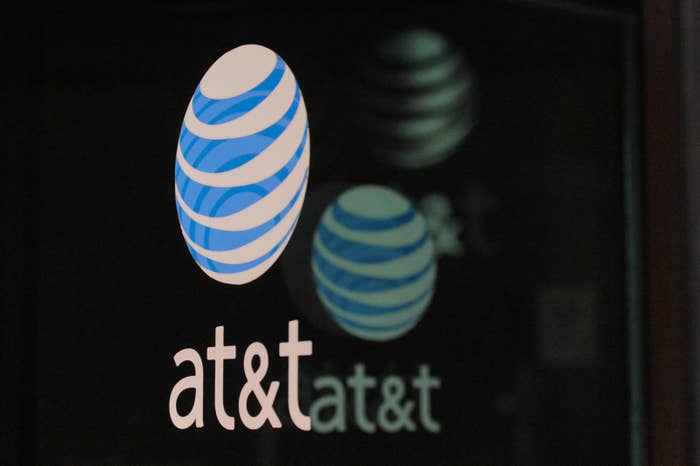
AT&T is the latest high-profile company to pull its advertising from YouTube and Google as the search and advertising giant struggles to quell a controversy over online hate speech and its marketing platforms. Verizon has also suspended some of its Google advertising.
“We are deeply concerned that our ads may have appeared alongside YouTube content promoting terrorism and hate," a spokeswoman for AT&T said in a statement to BuzzFeed News Wednesday. "Until Google can ensure this won’t happen again, we are removing our ads from Google’s non-search platforms.”
In a statement to BuzzFeed News Verizon said: "Once we were notified that our ads were appearing on non-sanctioned websites, we took immediate action to suspend this type of ad placement and launched an investigation."
Several other brands including McDonald's, HSBC, and L’Oreal, as well as the British government, have also recently pulled advertising from YouTube over concerns that the company is not doing enough to protect them from having their marketing campaigns tied to abusive and extremist content online.
The sudden departure of advertising partners, first reported by the Times, followed an investigation that Google had failed to remove hateful material from YouTube, in what appeared to be a breach of its own guidelines.
Earlier this week Matt Brittin, the head of Google's operations for Europe, the Middle East, and Africa, issued an apology for the company's apparent mishandling of ad placements. “I would like to apologize to our partners and advertisers who might have been affected by their ads appearing on controversial content," he said. We take our responsibilities to these industry issues very seriously.”
On Tuesday, Philipp Schindler, Google's chief business officer said the company would soon offer businesses tools to better control where and when their ads appear, and to prevent their marketing campaigns from being displayed alongside "potentially objectionable" and "higher risk" content.
In a statement concerning AT&T's move, a Google spokesperson told BuzzFeed News: "We don't comment on individual customers but as announced, we’ve begun an extensive review of our advertising policies and have made a public commitment to put in place changes that give brands more control over where their ads appear. We're also raising the bar for our ads policies to further safeguard our advertisers’ brands."
